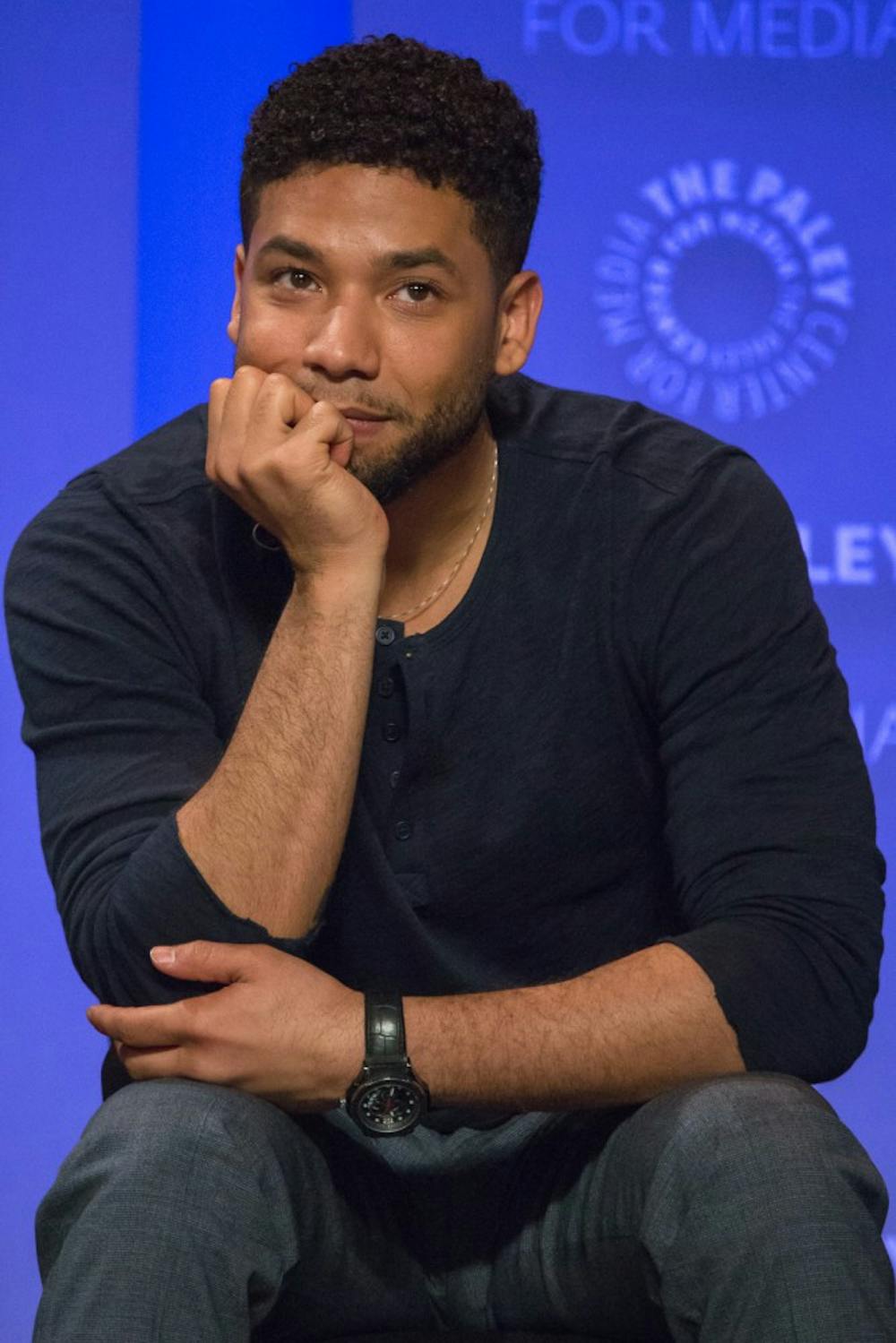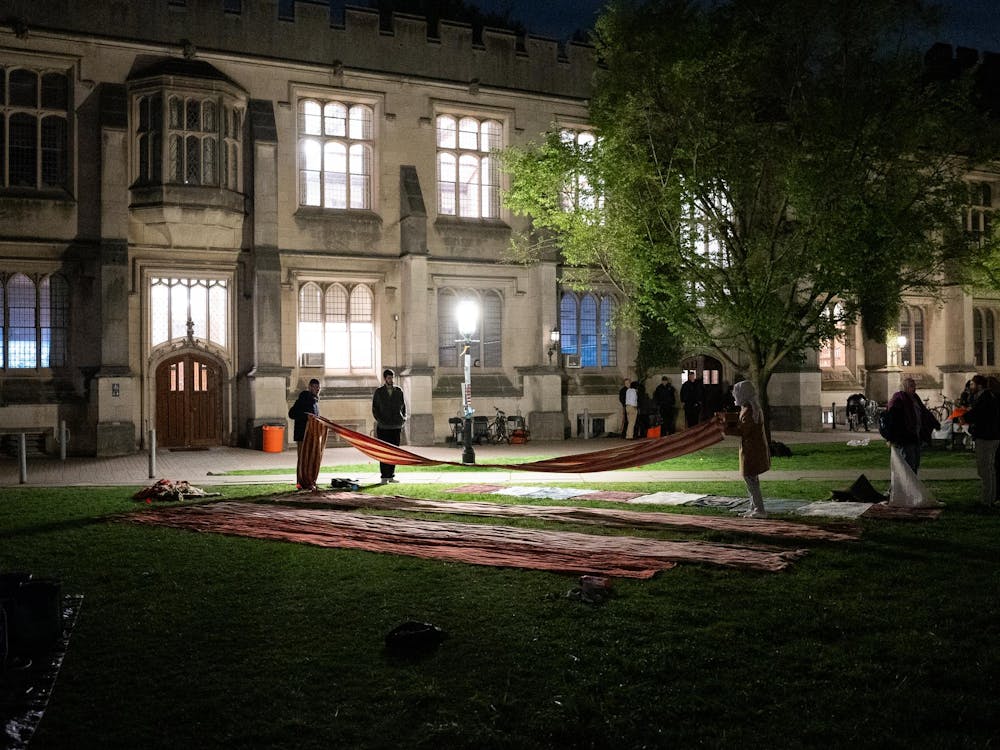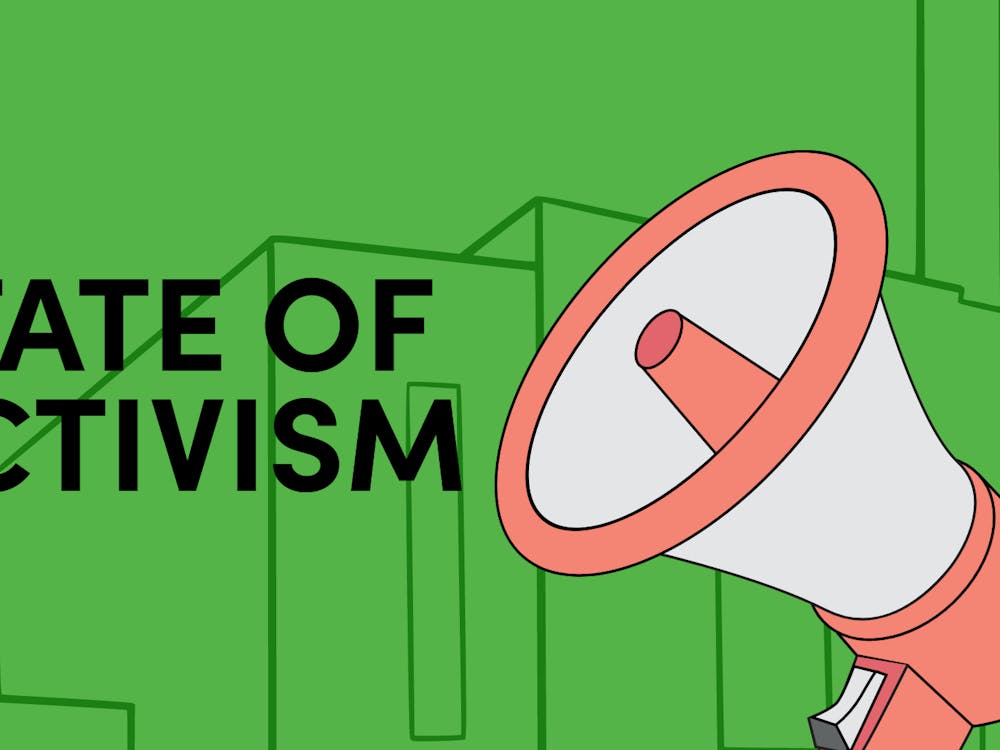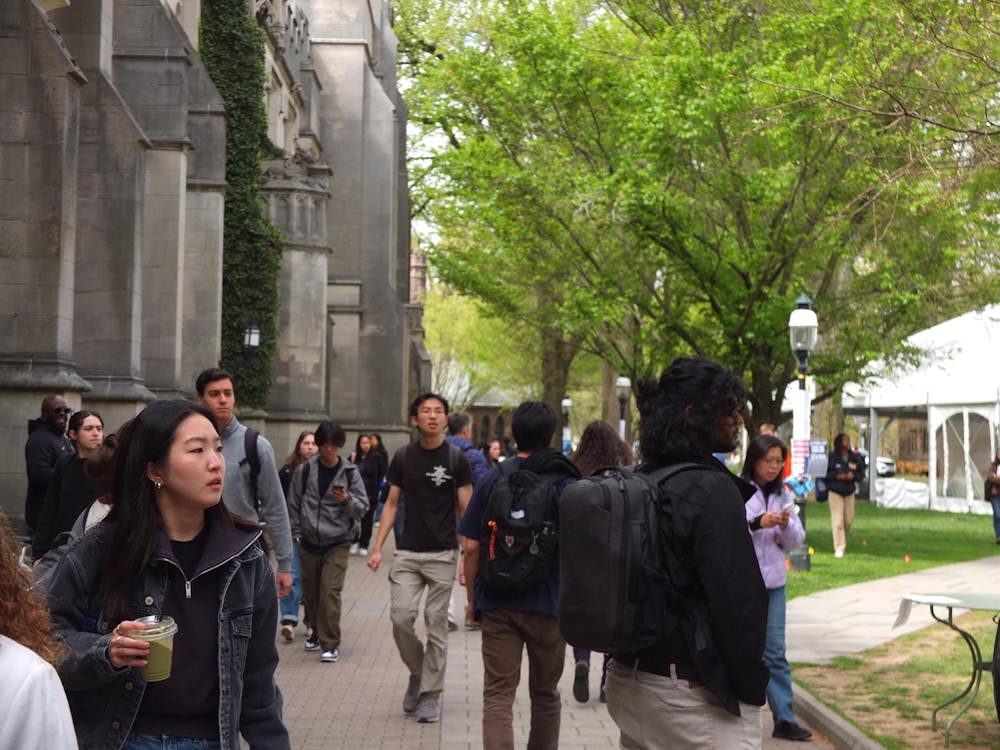Jussie Smollett, a star actor on Fox’s show “Empire,” claimed that he was the victim of a hate crime. He alleged that his attackers tied a noose around his neck and called him racial and homophobic slurs.
Within two weeks of Smollett’s report, police determined that the phone records Smollett provided were "heavily redacted" and "do not meet the burden for a criminal investigation."
It then came out that Smollett’s attackers were friends who claim that he paid them to say those derogatory slurs and assault him.
Smollett, an African-American gay man, falsely reported being attacked and victimized. Not only does it ruin Smollett’s character, but also the reputation of other members of that community. The oppressed need no reminder of the challenges that they’ve overcome and the challenges that still exist, yet Smollett’s actions just create more for them.
Cynicism about victims of assault (whether it be sexual or battery) stems from extraneous cases like this, where someone falsely reports a crime and someone is imprisoned, fined, or otherwise mistreated because of that “incident.” However, Smollett’s report is worse than an ordinary false accusation because it targets communities of people that are already marginalized and regularly mistreated through systemic hurdles.
Instances of false reporting increase general suspicion of victims of abuse in more than one way — they make authorities and prosecutors more wary of fabrications and less likely to pursue action and investigations.
By raising the standard of evidence and being dismissive, authorities discourage victims from reporting hate crimes. These reactions of doubt lower the incentive for victims belonging to marginalized backgrounds to report hate crimes because they feel that they’ll be attacked by others or interrogated with an intent to disprove their stories.
The key mistake here is that people believe their actions represent only themselves, or they seem to forget that they also represent others.
Our actions impact the people we look like, the area code we live in, the religion we belong to, and the sexual orientation we identify with.
Jussie Smollett, to most people, will not solely represent Jussie Smollett.
Jussie Smollett represents gay people. Jussie Smollett represents black people. Jussie Smollett represents victims of abuse. Jussie Smollett represents Chicago.
I say this because we live in an age of oversimplification, with people who claim they don’t have the time to go into the nuances. It doesn’t matter if Smollett is a man suffering from drug addiction, because that’s not what the ‘narrative’ of the story is. It’s not the message that comes across and stays with people.

What people will remember is the simplification and the ‘narrative.’ And the narrative in this case, unfortunately, is Smollett, a gay black man, lied about being targeted in society. When other gay people or African Americans want to speak out about an incident of hate, and even a minor discrepancy arises in their stories, they’ll be attacked. The case will be likened to Smollett’s and the victim’s courage, honesty, and character will all be undermined because of a historical precedent. People can now draw this to justify accusations of falsity saying, “I’m not crazy because this has happened before!”
Smollett’s incident has already undermined people that will come after him and people that have come before him.
When Jussie Smollett lies about something serious or does something wrong, he mischaracterizes people who identify as LGBTQ+, African Americans, victims of abuse, and Chicago residents.
Not just Jussie Smollett.
Let’s try to remember this lesson in our own lives and use this to make better, moral decisions that account not only for ourselves, but also the people we represent and care about.
Jasman Singh is a first-year from East Windsor, New Jersey. He can be reached at jasmans@princeton.edu.









